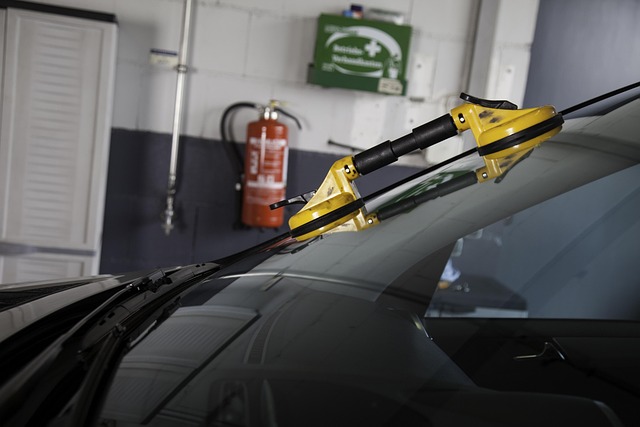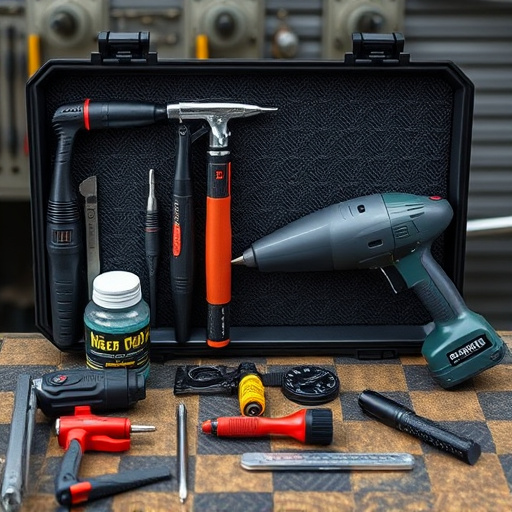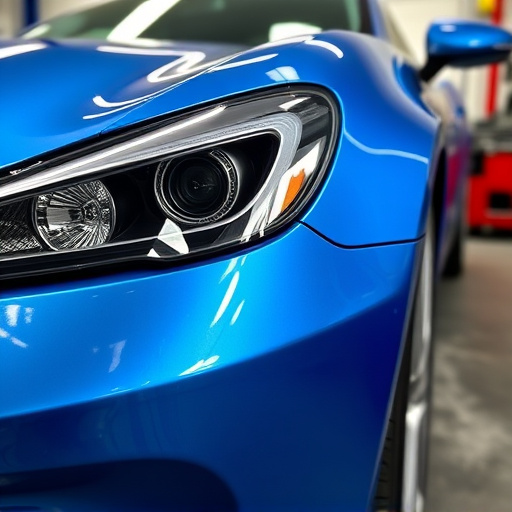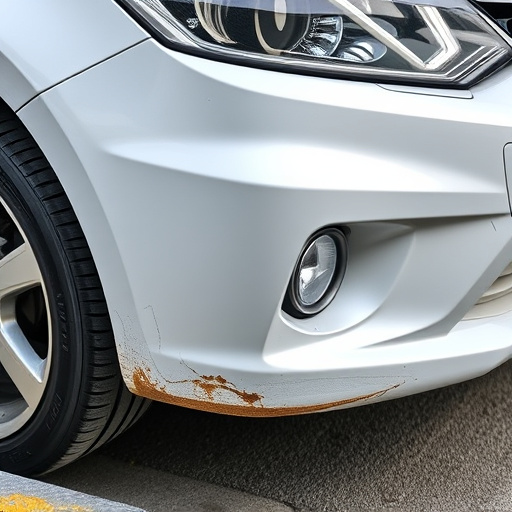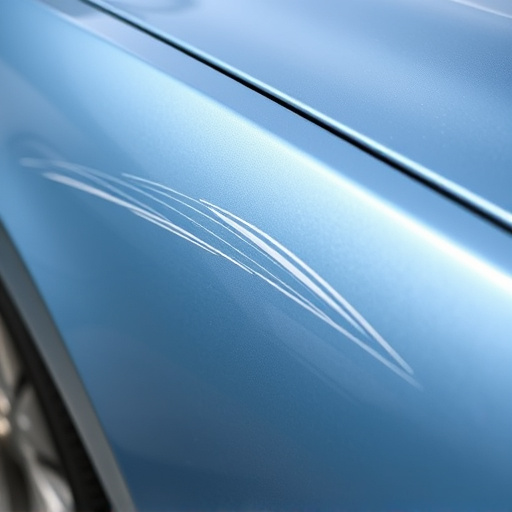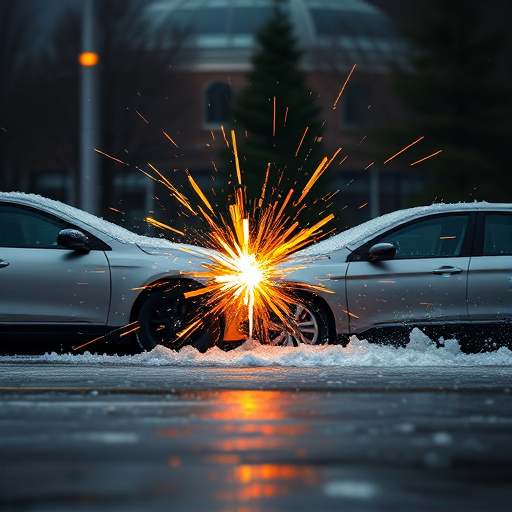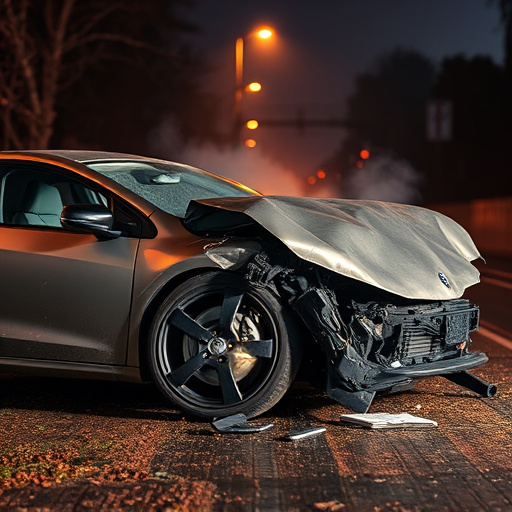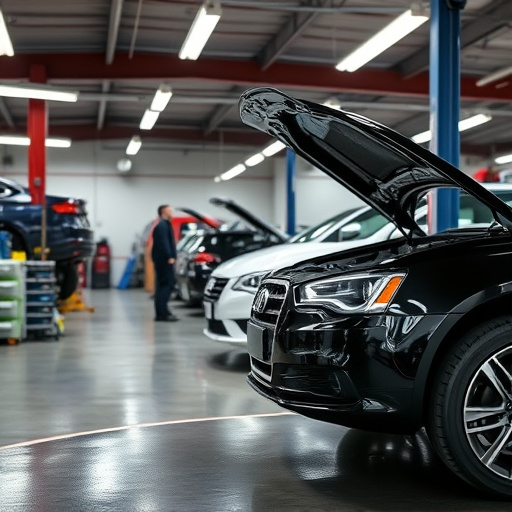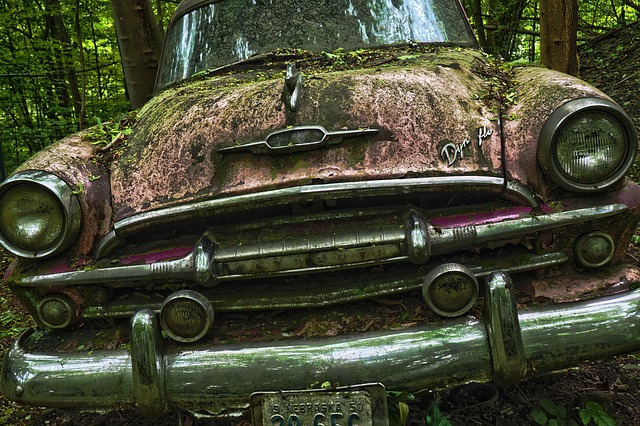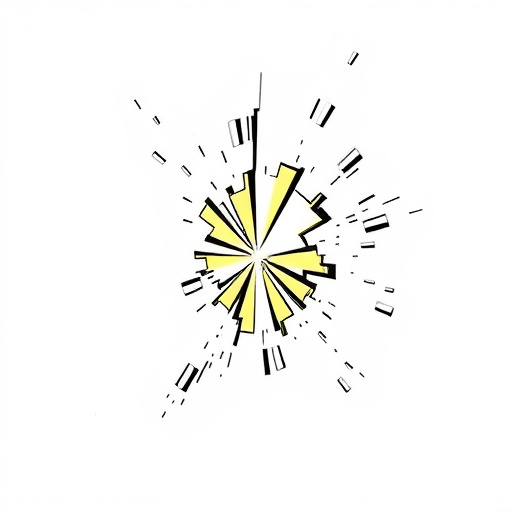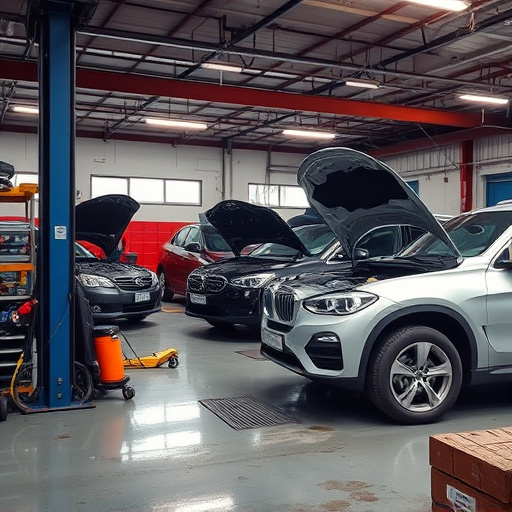Corrosion, a significant challenge in automotive maintenance, leads to costly repairs and structural damage. Anti-corrosion materials, however, offer a game-changing solution for industries like Mercedes-Benz collision repair. These advanced materials create protective barriers, reducing long-term maintenance expenses and minimizing the need for frequent repairs. By integrating these treatments during manufacturing, companies can extend vehicle lifespans, save owners money, and protect against future damage in harsh climates or high humidity regions. Implement anti-corrosion solutions to strategically reduce costs and enhance the longevity of vehicles and infrastructure.
In the realm of maintenance management, understanding corrosion and its detrimental impact on infrastructure is paramount. Corrosion not only shortens the lifespan of materials but also drives up costly maintenance expenses. This article explores anti-corrosion materials, delving into their unique properties and multifaceted benefits. We’ll discuss how these innovative solutions can significantly reduce long-term maintenance costs, ensuring longevity and efficiency in various applications. By embracing anti-corrosion materials, folks can navigate the labyrinthine challenges of corrosion with confidence.
- Understanding Corrosion and Its Impact on Maintenance
- Exploring Anti-Corrosion Materials: Properties and Benefits
- Implementing Anti-Corrosion Solutions for Cost-Effective Maintenance Longevity
Understanding Corrosion and Its Impact on Maintenance
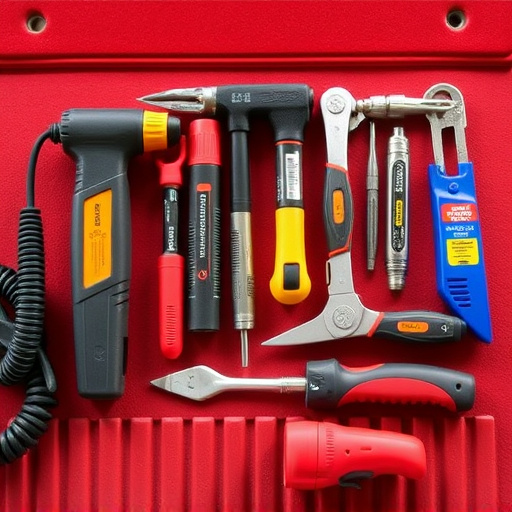
Corrosion, a natural process where metals react with substances in their environment, can have devastating effects on various materials and structures over time. This phenomenon not only weakens the integrity of metal components but also significantly impacts maintenance costs for vehicle owners and industries alike. In the context of automotive repair, consider the example of Mercedes-Benz collision repair, where corrosion could lead to extensive work and higher expenses if not addressed promptly.
The impact of corrosion on maintenance is twofold. On one hand, it can cause structural failures, requiring frequent repairs or even replacements. On the other, it accelerates the degradation of protective coatings, such as car paint repair, making vehicles more susceptible to further damage. By understanding these effects, businesses and individuals can turn to anti-corrosion materials—a game-changer in reducing long-term maintenance costs. These specialized products are designed to create barriers between metals and corrosive elements, ensuring longevity and minimizing the need for frequent collision repair services.
Exploring Anti-Corrosion Materials: Properties and Benefits
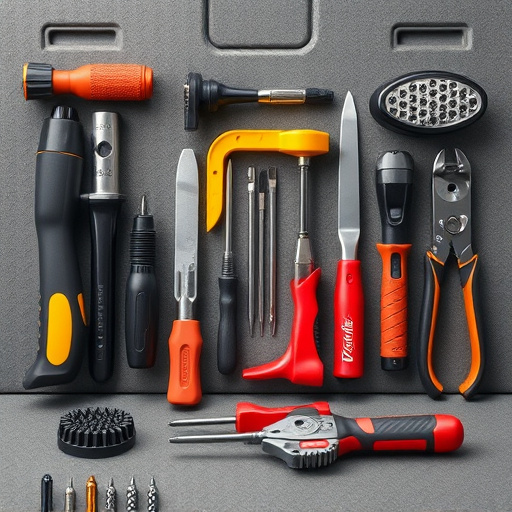
Exploring anti-corrosion materials is a game-changer in the automotive industry, offering substantial long-term benefits for vehicle repair and maintenance. These advanced materials are designed to withstand corrosion, a common issue that plagues car bodywork, especially after collisions or exposure to harsh weather conditions. The primary focus lies in their unique properties, such as enhanced durability, resistance to rust formation, and superior bonding strength.
By incorporating anti-corrosion treatments during the manufacturing process, companies like Mercedes-Benz collision repair centers can significantly reduce the need for frequent vehicle maintenance. This not only minimizes costs for car owners but also ensures a longer lifespan for their vehicles. Moreover, these materials provide an extra layer of protection in vehicle repairs, making them ideal for safeguarding against future damage, particularly in regions with harsh climates or high humidity levels, commonly experienced in various car bodywork scenarios.
Implementing Anti-Corrosion Solutions for Cost-Effective Maintenance Longevity
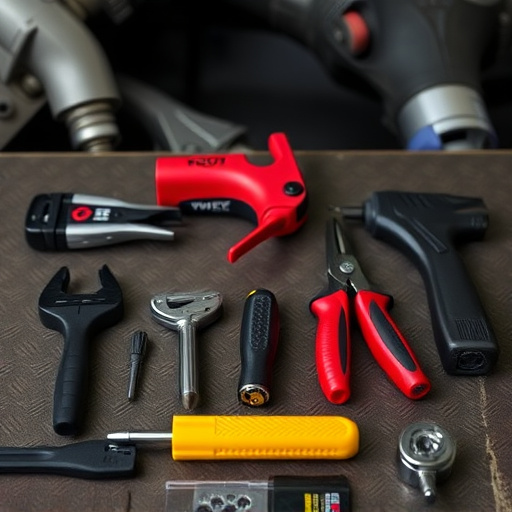
Implementing anti-corrosion solutions is a strategic move for any industry aiming to reduce long-term maintenance costs. By integrating advanced anti-corrosion materials, businesses can achieve significant longevity in their infrastructure, equipment, and assets. This proactive approach not only minimizes frequent repairs but also prevents costly replacements, making it an economical choice for both industrial and automotive sectors.
In the realm of car repair shops and automotive maintenance, these solutions are invaluable. Anti-corrosion coatings and treatments protect vehicles from rust and damage, delaying the need for extensive car damage repair. Similarly, in manufacturing, applying such materials can extend the lifespan of machinery, reducing downtime associated with regular maintenance in industrial settings. This results in increased efficiency and decreased expenses over time.
Anti-corrosion materials play a pivotal role in reducing long-term maintenance costs by mitigating the detrimental effects of corrosion. By understanding the properties and benefits of these advanced solutions, businesses can make informed decisions to implement cost-effective strategies. Embracing anti-corrosion technologies not only extends equipment lifespan but also ensures efficient operations, ultimately saving resources and promoting sustainable practices.

